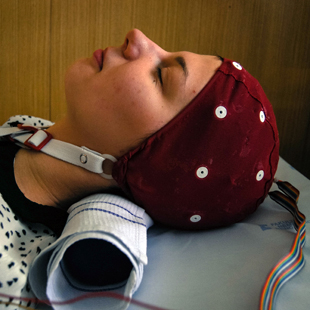Epilepsy
Epilepsy is a disease characterized by recurring seizures of uncontrolled brain neuron excitatory activity, resulting in a cerebral dysfunction. The seizures can be caused as the result of a head trauma, brain tumor or inflammation, brain stroke or due to different metabolic changes. They can also be idiopathic. Most of the seizures end spontaneously, but some continue for a long time or the patient remains unconscious. This situation is called the status epilepticus and it is considered to be a life threatening situation.
Review
This is a presentation of epileptic patient, focusing primarily on acute care, in this case, a patient with a first or recurrent epiletic seizure. Offered answers concerning the good clinical practise are formally and substantively correct. The actual treatment of the patient is interactive, current, reflecting the circumstances of contemporary life and the environment. Student, after completing this algorithm, should be able to rightly intervene in a critical situation, which is the main objective of this educational lesson. This topic is seen from the acute medicine point of view, not in the sense as epileptology is understood in neurology. I recommend the presentation to be used in educational programs.
Sources
MARUSIČ, P., M. TOMÁŠEK a Hana KRIJTOVÁ. Akutní péče o pacienty s epileptickými záchvaty: Akutní neurologické stavy. Ročenka intenzivní medicíny. 2004, , 201
KADAŇKA, Zdeněk a Martin BAREŠ. Učebnice speciální neurologie. 3., přeprac. vyd. Brno: Masarykova univerzita, 2010. ISBN 978-80-210-5320-5





